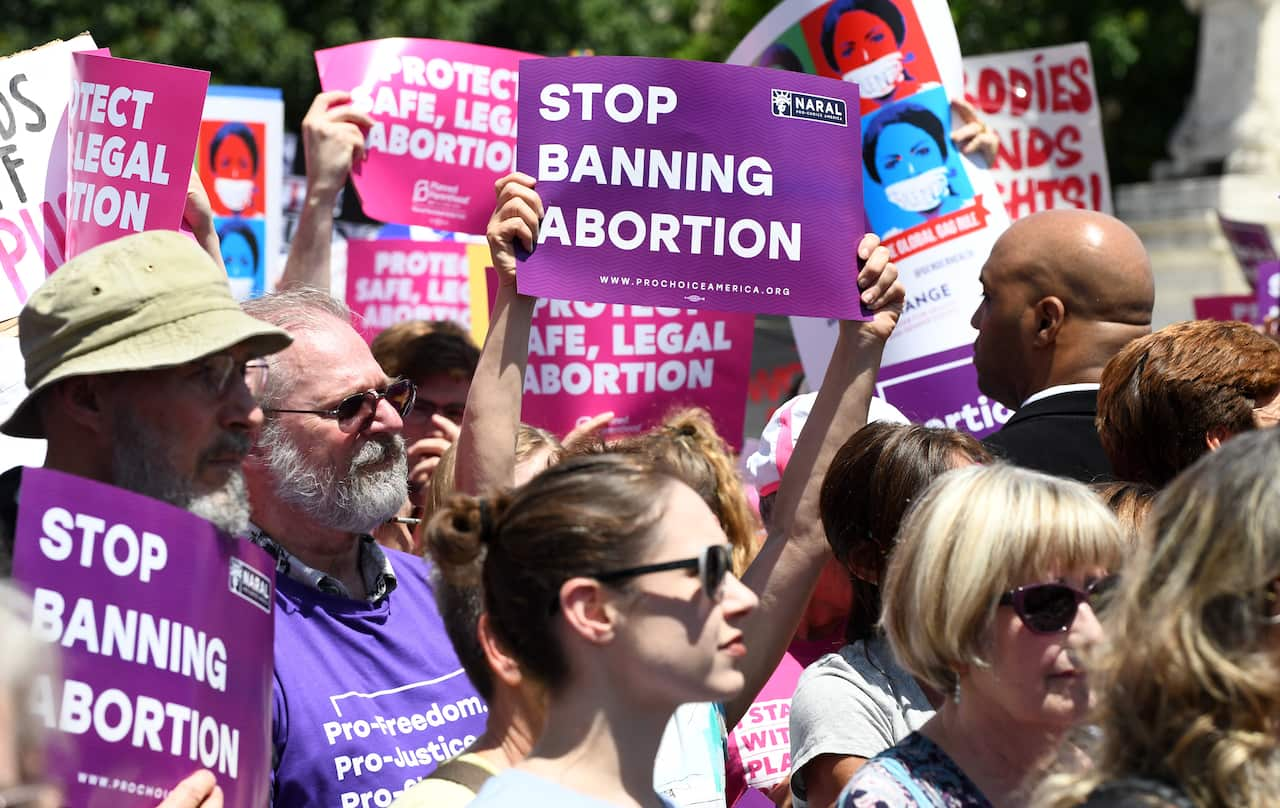A federal judge has blocked a near-total ban on abortions from taking effect next month in Alabama, ensuring the act remains legal and available in the state while the legislation winds its way through the courts.
The ruling against the Alabama law — the most far-reaching measure passed by state lawmakers this year — was an early step in a legal confrontation that abortion opponents orchestrated to try to reach the US Supreme Court.

Several states, including Missouri, Kentucky, Mississippi and Georgia, approved laws that would ban abortions after the heartbeat of what becomes the fetus can be detected, all with the aim of setting the stage for the renewed legal fight over abortion rights. In each of those states, a federal judge has blocked the measures from taking effect.
Judge Myron H Thompson of the US District Court for the Middle District of Alabama issued the injunction against the Alabama law, which banned abortion at every stage of pregnancy and criminalized the procedure for doctors, who could be charged with felonies and face up to 99 years in prison. It included an exception for cases when the mother’s life is at serious risk, but not for cases of rape or incest — a subject of fierce debate among lawmakers this year.

The Alabama law had been set to go into effect on 15 November.
The legal challenge was mounted by the ACLU and the Planned Parenthood Federation of America on behalf of Dr Yashica Robinson, an obstetrician and gynecologist in Huntsville who provides abortions.
Opponents of the law hailed the injunction as a positive signal as the case pushes ahead. But activists also said it underscored that the measures had not gone into effect, an important point as they heard from women who believed the procedure was no longer available to them once the law had been passed.
“Abortion remains legal in Alabama,” Randall Marshall, the executive director of the American Civil Liberties Union of Alabama, said in a statement following the ruling.

“The state’s repeated attempts to push abortion out of reach by enacting unconstitutional laws restricting abortions have already cost taxpayers nearly $2.5 million. This ill-advised law will cost taxpayers more money.”
Steve Marshall, the Alabama attorney general, said on Tuesday the injunction was “not unexpected,” and that it did not stand in the way of setting off a larger legal fight over landmark cases on abortion, including Roe v. Wade and Planned Parenthood v Casey.
“As we have stated before, the State’s objective is to advance our case to the U.S. Supreme Court,” Marshall said in a statement, “where we intend to submit evidence that supports our argument that Roe and Casey were wrongly decided and that the Constitution does not prohibit states from protecting unborn children from abortion.”
By Alan Blinder © 2019 The New York Times

